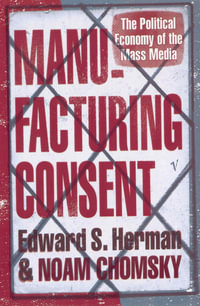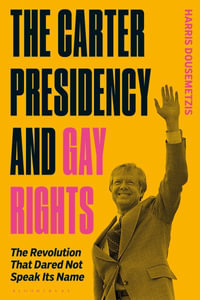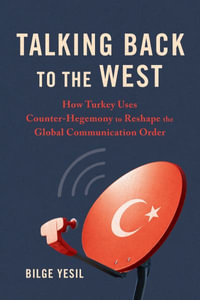
The Gulf War
George H. W. Bush and American Grand Strategy in the Post-Cold War Era
Paperback | 12 August 2024
At a Glance
Paperback
$78.25
Aims to ship in 10 to 15 business days
ISBN: 9780700636884
ISBN-10: 0700636889
Series: Landmark Presidential Decisions
Published: 12th August 2024
Format: Paperback
Language: English
Number of Pages: 160
Audience: Professional and Scholarly
Publisher: University Press of Kansas
Country of Publication: US
Dimensions (cm): 21.59 x 13.97 x 0.99
Weight (kg): 0.22
Shipping
| Standard Shipping | Express Shipping | |
|---|---|---|
| Metro postcodes: | $9.99 | $14.95 |
| Regional postcodes: | $9.99 | $14.95 |
| Rural postcodes: | $9.99 | $14.95 |
How to return your order
At Booktopia, we offer hassle-free returns in accordance with our returns policy. If you wish to return an item, please get in touch with Booktopia Customer Care.
Additional postage charges may be applicable.
Defective items
If there is a problem with any of the items received for your order then the Booktopia Customer Care team is ready to assist you.
For more info please visit our Help Centre.
You Can Find This Book In
This product is categorised by
- Non-FictionWarfare & DefenceMilitary & Defence Strategy
- Non-FictionPolitics & GovernmentCentral GovernmentCentral Government Policies
- Non-FictionHistoryEarliest Times to Present Day20th Century History from 1900 to 2000Post War 20th Century History after 1945
- Non-FictionHistoryMilitary History
- Non-FictionPolitics & GovernmentPolitical Structure & ProcessesPolitical Leaders & Leadership























